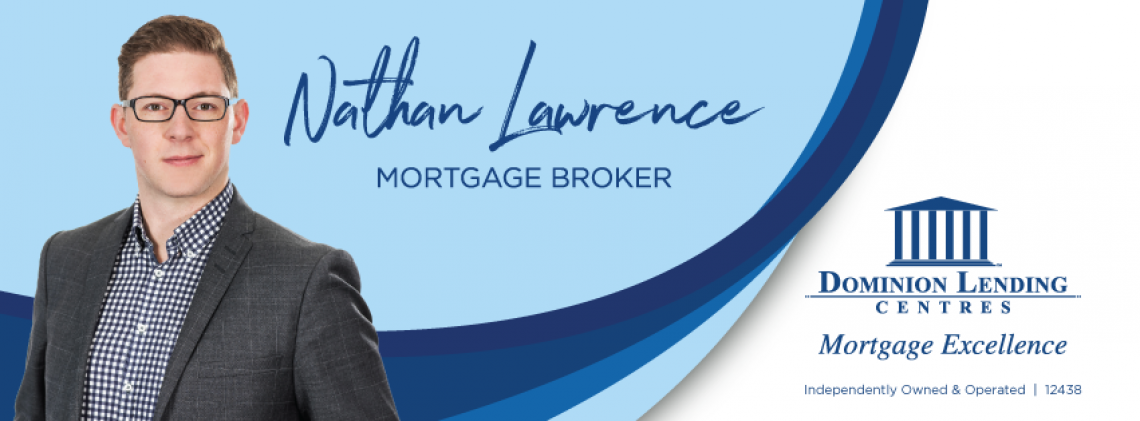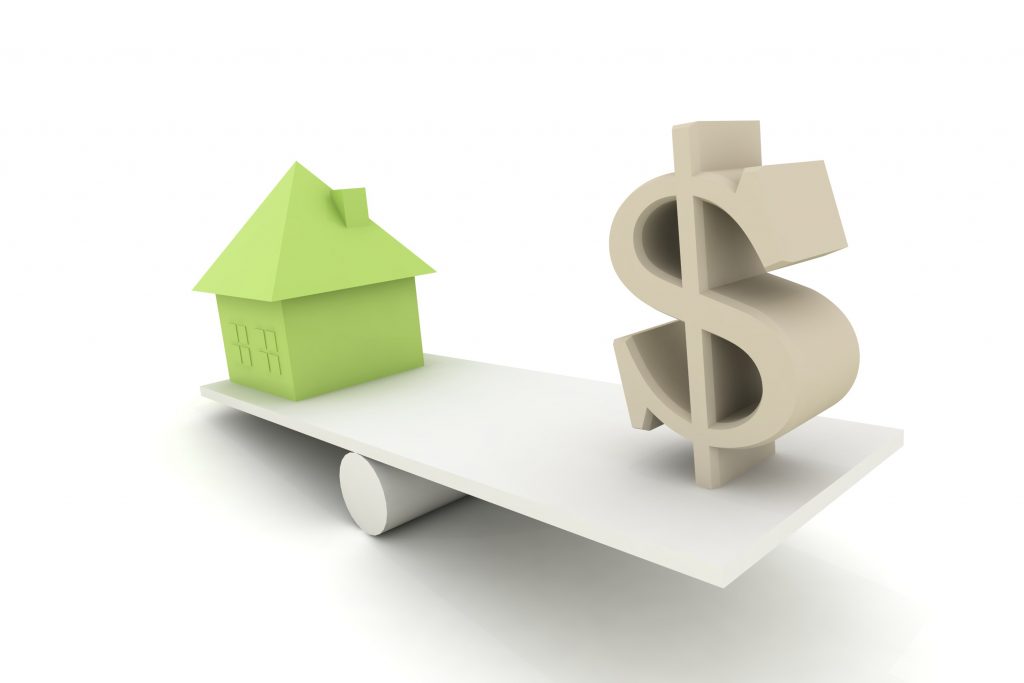This past week the Bank of Canada increased their lending rate for the 2nd time in as many months. The changes in the Prime Lender Rates means that those with a variable mortgage rates will have seen that their mortgages rates adjusted alongside the changes to Prime Rate. For those of you with variable rates, the first thing that probably crossed your mind was “should I lock in?”
Even though your interest rate may have increased, it does not mean that you should immediately lock into a fixed rate mortgage. An associate of ours from B.C, Dustan Woodhouse had this to share earlier this week about the increase:
“If your discount from Prime (now 3.20%) is 0.50% or deeper – then the variable rate product remains a really great place to be.
If your discount from Prime is 0.25% or less, then depending on which lender you are with you may consider converting to a fixed rate, BUT…
Keep in mind the penalty to prepay (i.e. refinance or sale of property) a variable early is ~0.50% of the mortgage balance, whereas if in a (4yr/5yr or longer) fixed rate mortgage the penalty can be closer to 4.5% of the mortgage balance ***depending upon which specific lender you are with and how long of a term you lock in for.
It is usually to the lenders greater benefit that you lock into a fixed rate, rarely is it to your own benefit.”
I could not have summarized it any better myself, so I won’t try.
So what should you do?
The first thing that you should be doing is avoiding the immediate draw or feeling of “I need to lock in”. There are several different aspects of your mortgage and personal financial situation that should be considered prior to locking in. There are many questions to ask yourself prior to locking in and most of which the lenders are unlikely to ask you. Your lender is re-active, not pro-active – you need to be pro-active. And sometimes being pro-active results in no action being taken at all.
Simply because the Bank of Canada increased interest rates twice, this does not immediately mean that they will do it again. There are many economic factors outside of their control that will impact their decisions regarding future potential increases.
Presently, the key is not to react quickly. If you have questions about your specific situation and how the increase may impact you, feel free to give us a call to chat about things in more detail. Allow us the opportunity to ask the questions that need to be asked prior to making a quick switch.
Food for thought…
Back in 2010 rates increased 0.25% three times, and that sat stagnant for nearly five full years before two 0.25% decreases back downward.
In other words the last time Prime was pushed as high as it stands today, it sat there for five full years. And was then cut.
The next Bank of Canada meeting is October 25, 2017.
I will be watching and waiting.

